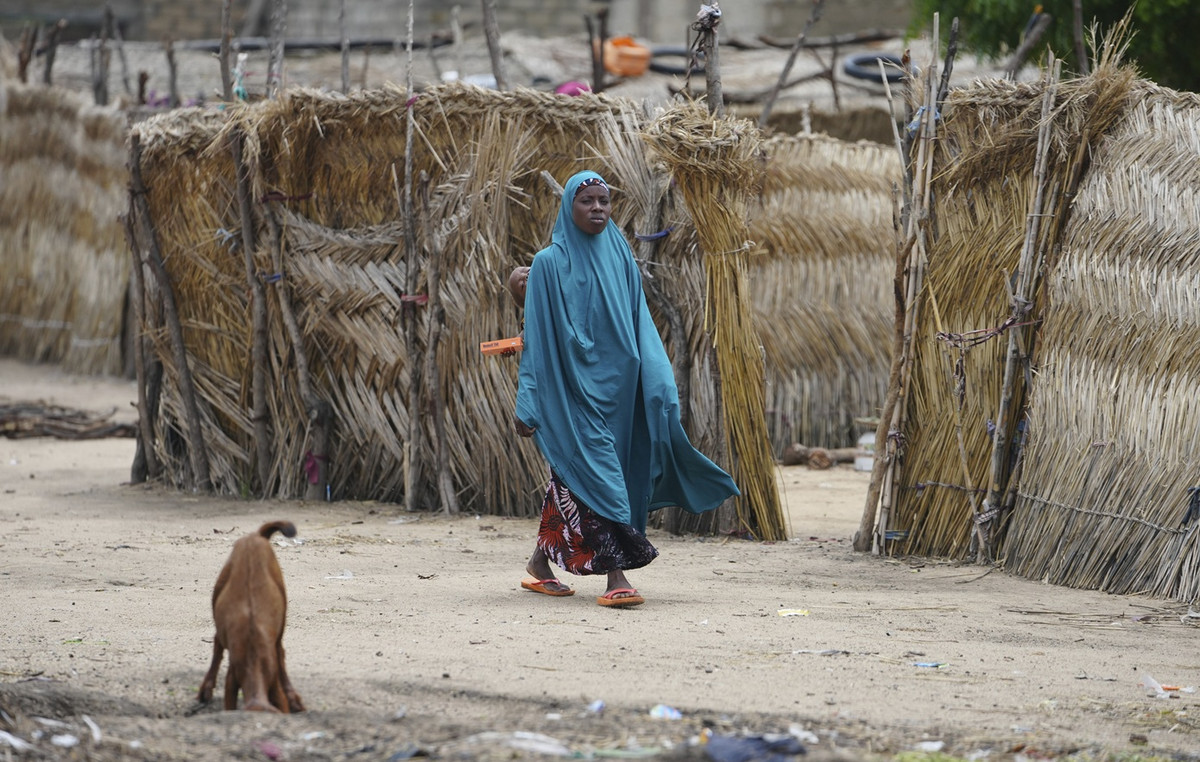Faced with a disaster on the scale of the floods that hit Rio Grande do Sul, affecting the entire state, it is essential that authorities establish clear priorities to deal with the situation. According to Pedro Côrtes, climate and environment analyst at CNN , it is crucial to ensure the rescue and provision of basic supplies, such as water, food and shelter, to those affected. Many were left homeless or without access to essential items.
Immediate actions
In this response phase, efforts are focused on trying to restore access roads and the transport of hospital supplies, food and fuel. The recovery of transport infrastructure is essential to guarantee the arrival of help.
Furthermore, it is necessary to assess the impact on water resources and basic sanitation. Some municipalities may be without water supply, while others are at risk of network contamination, which could lead to the proliferation of water-borne diseases.
Energy and food security
Energy security is also a concern, as many hydroelectric plants in the region may have been affected. Rio Grande do Sul has already started importing energy from Uruguay, but that country is also subject to being hit by extreme weather events.
Food security is another crucial point, as food harvesting and storage may have been compromised. Furthermore, it is necessary to assess the impact on ports and warehouses in the region.
Recovery and resilience
After the initial response phase, recovery should aim not only to restore pre-crisis conditions, but to increase resilience to face future disasters. A reassessment of hydrological and geological issues will be necessary, considering updated studies on climate risks in the region.
Although extreme events tend to become more frequent, it is essential that authorities learn from this tragedy and implement measures to strengthen their ability to deal with future disasters.
Source: CNN Brasil
I’m James Harper, a highly experienced and accomplished news writer for World Stock Market. I have been writing in the Politics section of the website for over five years, providing readers with up-to-date and insightful information about current events in politics. My work is widely read and respected by many industry professionals as well as laymen.







